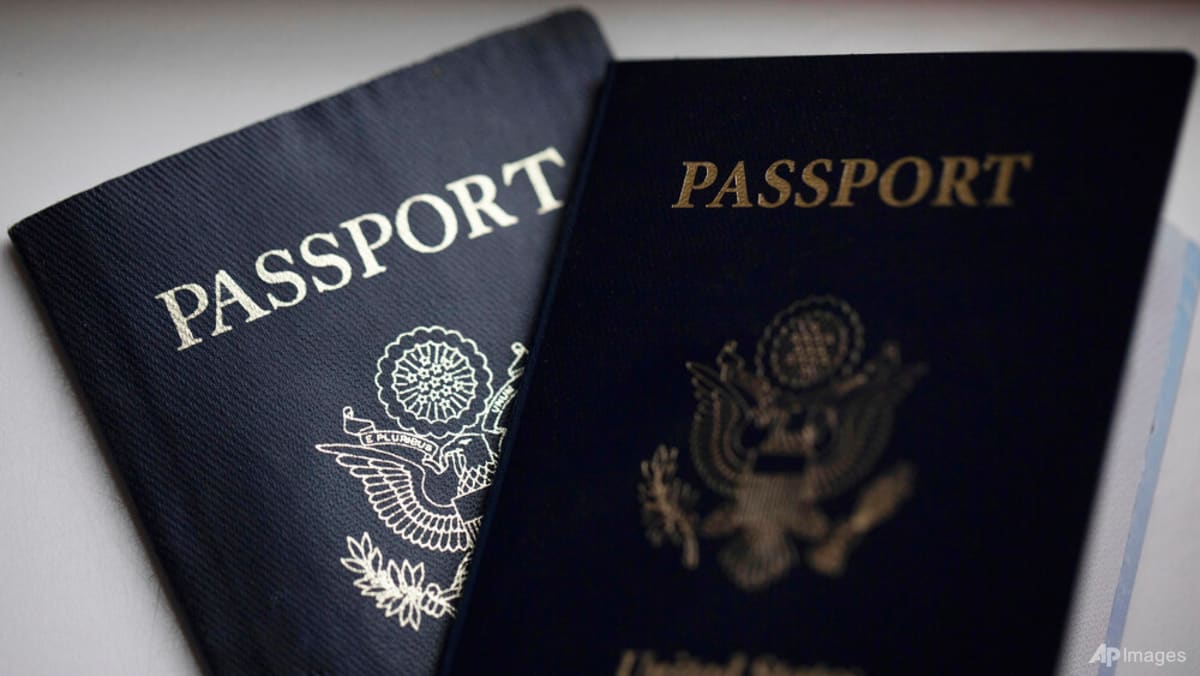SINGAPORE: The United States has fallen out of the world’s top 10 most powerful passports for the first time in 20 years, marking a continued decline in the strength of the American passport.
According to the latest Henley Passport Index, released on Tuesday (Oct 14), the US passport now ranks 12th globally, tying with Malaysia and offering visa-free access to 180 out of 227 destinations.
Singapore, with access to 193 destinations visa-free, occupies the top spot, while South Korea came in second with 190 destinations, followed by Japan at third place with 189 destinations. The Henley Passport Index ranks a country’s passport based on the number of destinations their holders can access without a prior visa. It is one of the most cited passport-power indexes, along with the Arton Capital Passport Index.






